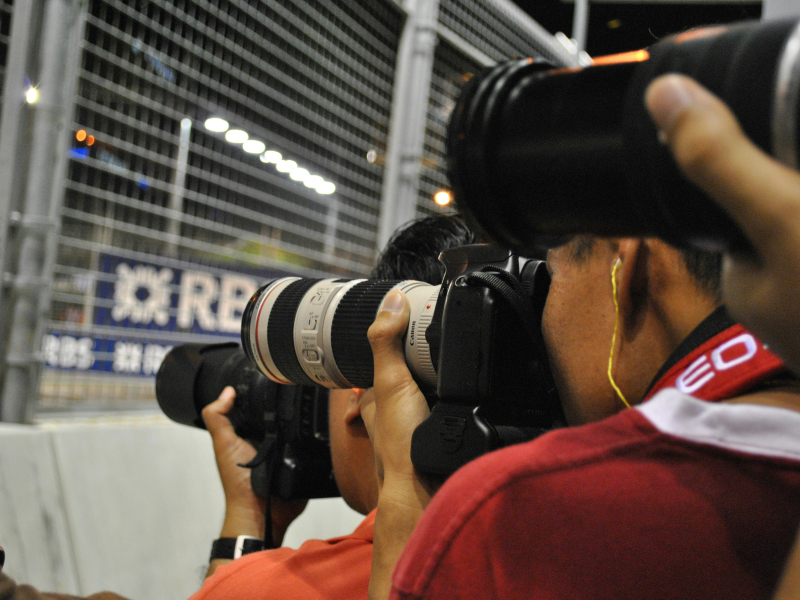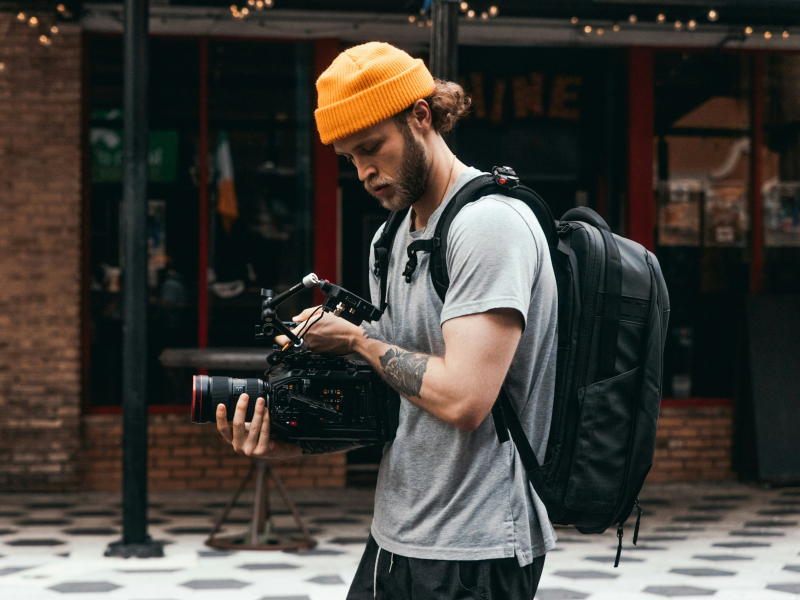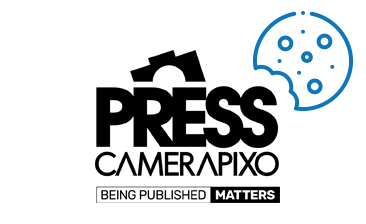The Non-Degree Path: How to Really Become a Photojournalist
When people hear the word photojournalist, many still picture a graduate of a prestigious journalism school, diploma framed on the wall, and a letter of recommendation in hand. For decades, that was the image of the profession. The problem is — today it has little to do with reality.
A new generation of photojournalists is proving that you don’t need the traditional academic path to enter the field. That doesn’t mean knowledge and ethics aren’t essential — they are. But the way you gain them no longer has to involve years inside a university and tens of thousands of dollars in tuition debt.
Education, Reimagined: Fast, Practical, Effective
Today, access to knowledge is nearly unlimited. What once required a lecture hall or a campus can now be found through:
- online industry courses taught by working professionals,
- hands-on workshops run by experienced photojournalists
- independent academies created by media organizations,
- field practice — covering local events, community projects, and volunteering.
This education isn’t “lesser” than academic study. In fact, it’s often better, because it’s taught by people actively working in the field — not by detached theorists.
Standards Still Matter
Some will ask: “But what about ethics? What about credibility?” — Those are non-negotiable. Every photojournalist must understand:
- how to work responsibly in the field,
- the importance of context and accuracy,
- the boundaries of editing and manipulation,
- the responsibility to protect sources and respect privacy.
These standards remain. The difference is that now you can learn them outside the university walls — through mentorship, fieldwork, workshops, and practice.
Your Portfolio Beats Any Diploma
In the real world, your future is determined not by a diploma but by your portfolio. That’s what opens doors to editors, grants, and assignments. Take this example: a freelancer covering local protests, crises, or social movements. Their work can spread globally in hours — long before a journalism student has even finished their first semester. Your portfolio proves you can work under real conditions. And in photojournalism, practice, not theory, is what counts.
Why Universities Are Losing Their Monopoly
For decades, universities pushed the narrative: “Without us, you can’t enter the profession.” But that narrative is collapsing because the alternatives are too powerful.
Young people are asking:
- Is it worth going into debt for a diploma?
- Does school actually teach practical skills, or mostly theory?
- Wouldn’t it be smarter to spend that money on gear, travel, workshops, and real projects?
For many, the answer is clear: invest in practice, not in walls and bureaucracy.
The Old Guard’s Resistance
Veteran journalists are reluctant to admit it. For them, a degree was the key to prestige, the gateway to the newsroom. Accepting that it’s no longer required means admitting that their world has crumbled. But young people shouldn’t care. The world has changed. What matters now is the ability to react quickly, connect with people, and tell stories truthfully. And that isn’t taught in a lecture hall — it’s learned in the field.
So How Do You Really Become a Photojournalist?
Here’s a modern, practical roadmap:
- Build a portfolio — cover local events, everyday life, social issues.
- Study ethics — through workshops, courses, and books.
- Practice the craft — lighting, composition, speed, accuracy.
- Find mentors and communities — learn from others who’ve been there.
- Publish — in local media, online platforms, and independent outlets.
This path isn’t “easier.” It requires discipline and initiative. But it’s more honest, more affordable, and often more effective.
What you have in your portfolio
Photojournalism isn’t reserved for people with diplomas. It’s a profession for those with the courage and passion to be where history unfolds and the skill to tell it truthfully. The non-degree path isn’t a shortcut. It’s simply another route — one that demands dedication but offers freedom and independence. Because in today’s world, what matters isn’t what you have framed on your wall. It’s what you have in your portfolio.










